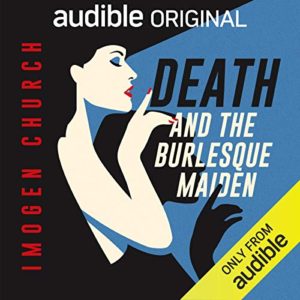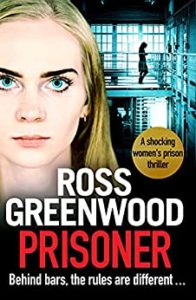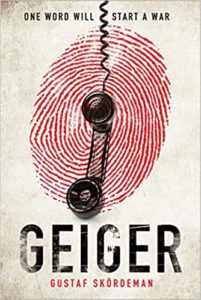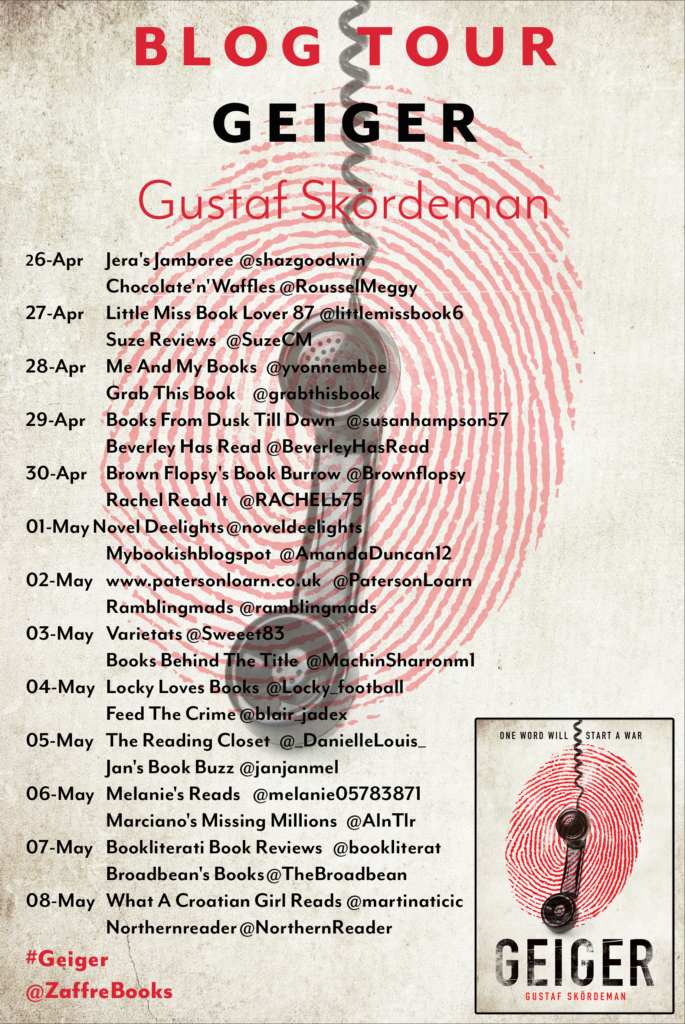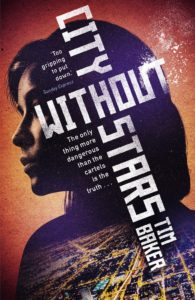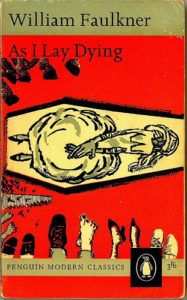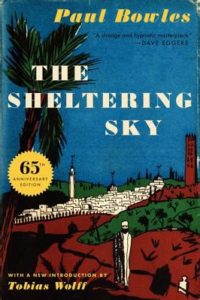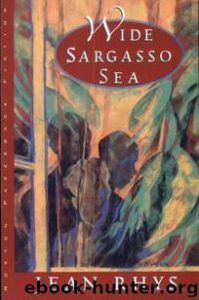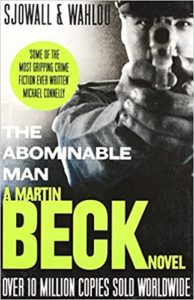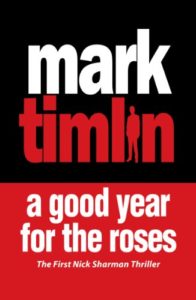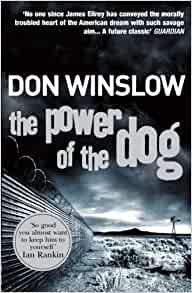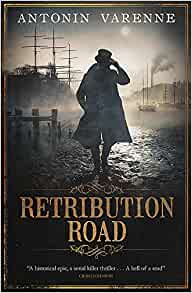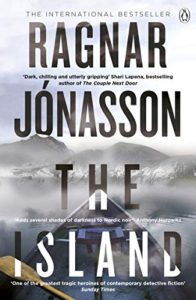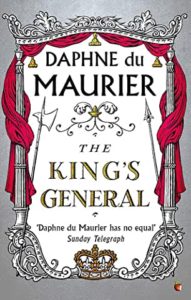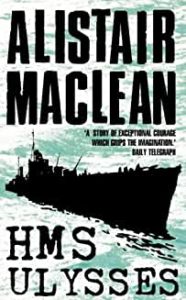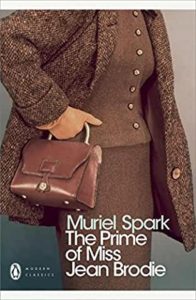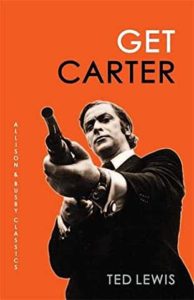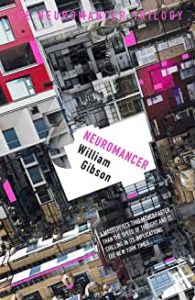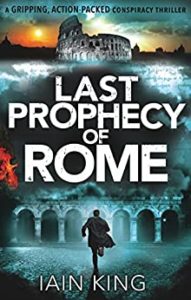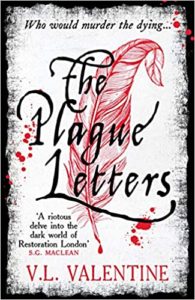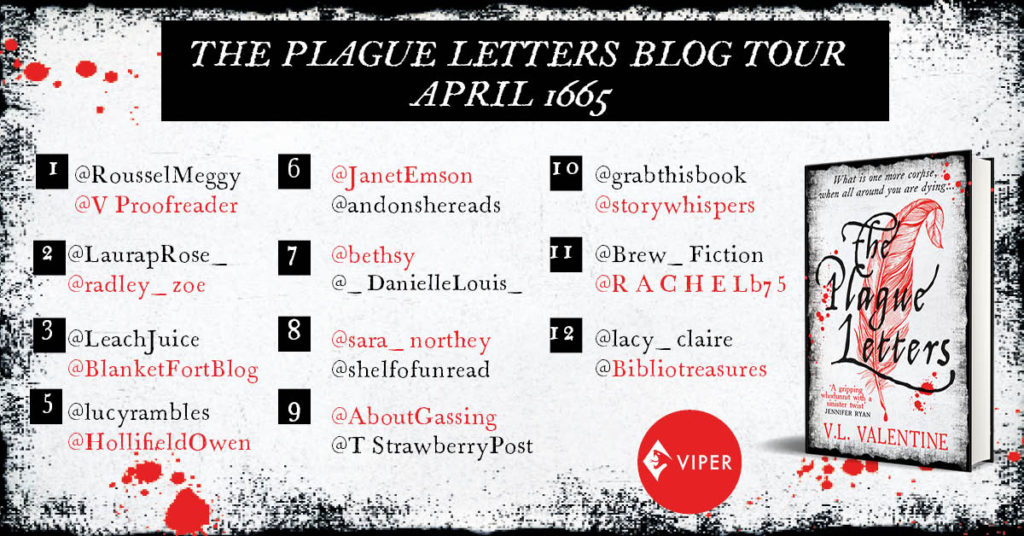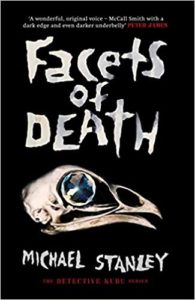Decades: Compilling the Ultimate Library with Imogen Church
The very best libraries are the ones which offer a broad selection of books to choose from. Since January I have been inviting guests to join me in a quest to determine which books should be added to the Ultimate Library. I started the Ultimate Library with no books so there was a clean slate (or empty shelves if you prefer) and I ask each guest to nominate the books they feel should be represented.
There are just two rules governing the selections each guest can make.
1- Choose Five Books
2 – You May Only Choose One Book Per Decade Over Five Consecutive Decades
In the past I have been made aware my two rules are “frustrating” and cause much gnashing of teeth. Imagine then, if you will, my delight at hearing my guest this week found making her selections “easy” and the experience to be fun!
If you visit the blog outwith my Decades posts then you will know I am a massive fan of audiobooks and enjoy nothing more than having someone read me a brilliant story. If you were to peruse my Audbile Library you would see one name repeated over and over: Imogen Church. If I am selecting my next listen and I see Imogen is the narrator (which happens often) then I am more likely to select that book over others.
I ask my guests to introduce themselves before they introduce their books so it is with great pleasure I hand you over to Imogen Church.
DECADES
 Well, hello there! My name is Imogen Church and I’m an actor and writer. If you are a massive bookworm (like me) then you may know me as the narrator of roughly a gabillion audiobooks. Possibly you know my voice from audio dramas like Dr Who (for Big Finish), or as the voice of the Harry Potter Quiz on Alexa UK? Probably you don’t know me at all, which is fine too, we’re all busy and you must have better things to do with your time than knowing who I am.
Well, hello there! My name is Imogen Church and I’m an actor and writer. If you are a massive bookworm (like me) then you may know me as the narrator of roughly a gabillion audiobooks. Possibly you know my voice from audio dramas like Dr Who (for Big Finish), or as the voice of the Harry Potter Quiz on Alexa UK? Probably you don’t know me at all, which is fine too, we’re all busy and you must have better things to do with your time than knowing who I am.
Basically, I’m a storyteller. Sometimes I tell that story with my voice, sometimes with my body and sometimes by tippidy–tappedy-tap-tapping away on a computer screen and writing my brain out. Mostly, I get paid to talk to myself in a recording studio all day and, for a somewhat shy actor who is obsessed with books, that’s the greatest job in the world. I just can’t get enough of books; I read all day every day, in my head and out loud into a microphone. I also write. Most of my writing has been screenplays for films, particularly satirical horror comedy, but last year Audible commissioned me to write a novel for Audible Originals, to be narrated by moi. They asked me to write a crime novel, so obviously I wrote a satirical comedy crime caper set in an alternate world of steampunk and strippers, called Death and the Burlesque Maiden. I mean, obviously, I did that. The book was inspired by my experiences as a burlesque performer combining satirical poetry and striptease, and my experiences of life as an intersectional feminist. For those of you who have listened to Death and the Burlesque Maiden, I suspect the below literary selection may make some small sense of my writing style… the things that inspire me are comedy, social satire, black humour, the macabre, and explorations of what it is to be a woman. Also, being rude.
If you fancy finding out more about the weird world of Imogen, here are the links you need:
Instagram: @imogenchurchgobshite
Twitter: @ImogenChurch
Website: www.imogenchurch.com
And here (drumroll please) are my chosen books!
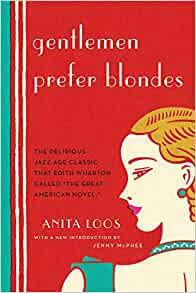 1920’s
1920’s
Gentlemen Prefer Blondes by Anita Loos (published 1926)
Women have always been funny; with the crap our bodies put us through, we have to have a sense of humour. A century ago, one genius of a woman wrote a brilliantly acerbic, funny satire about the attention certain women get from men and what that means for those women and for all the women who are trying desperately to become those women. It is so funny, so biting, so sharp and witty. And she wrote it a century ago. One hundred years in the past. Yet it is still relevant… *Imogen sighs and stares off into the middle distance for a while*
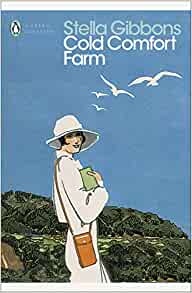 1930’s
1930’s
Cold Comfort Farm by Stella Gibbons (published 1932)
Did I mention that women are funny? It’s always my objective in life, to try and ‘do a Gibbons’ at any given point in time. In Death and the Burlesque Maiden I got the chance to ‘do a Gibbons’ by breaking the fourth wall and having the narrator talk directly to the reader, about the novel, mostly deriding the quality of the writing. I remember when I first read Cold Comfort Farm, the shocking oh-my-god-did-she-just-do-that joy I felt when Stella declared that she was going to help the literary critics out, by highlighting the sections she’d written rather well thank you very much, making it easier for them to pluck out and glorify her name. Throughout the novel there are moments when a particularly flowery and pretentious sentence is flagged by an asterisk or three: for our consideration. I mean… the genius! It made me die laughing and I wanted to write my own homage when I got the chance. Cold Comfort Farm is a warm and quirky pastoral parody, a silly, eccentric, heartfelt satirical joy and easily one of the greatest books I have ever read. Obviously, you can disagree with me, but I’m afraid you’d be wrong. You would be wrong.
 1940’s
1940’s
1984 by George Orwell (published 1949)
Orwell. Just… Orwell. I first read 1984 as a teenager and it blew the top right off my head. As I scooped my brains back inside my skull, I realised that the book had changed the shape of my brains, for life. Nowadays, any satirical dystopia has me drooling to consume it, all because of 1984. I think 1984 was the first novel to give shape to the feeling I had, that we are extremely lucky, to be alive at this point in history, in this place in history, in a world where we can access and read someone like Orwell, and the very keen feeling that I must never take that for granted. Orwell knew how small we all are, but also how important every small person can be and his writing is the most wonderful combination of misery and hope, humour and horror. Orwell. Just… Orwell.
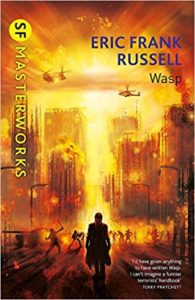 1950’s
1950’s
Wasp by Eric Frank Russell (published 1957)
I initially tracked down and read this book when I met my (now) husband and my (now) father–in–law told me it was his favourite book and he read it every single year.
Was I trying to impress him? Possibly!
Did it work? Certainly!
But did I also genuinely love the subversive, dystopian nature of it and the reminder that even the smallest individual matters? Absolutely!
Terry Pratchett chose Wasp as one of his favourite books of all time and said that he “can’t imagine a funnier terrorists’ handbook”. I rest my case.
 1960’s
1960’s
Catch 22 by Joseph Heller (published 1961)
If you don’t laugh, you’ll cry. Or kill yourself. This book makes you do the first two, but hopefully not the third. How else can you process the horrors of war, but to laugh through the pain? There are true horrors in Catch 22, true horrors and legitimately insane humour and those two are essential bedfellows.
Why?
Why does satire have such a hold on me? I think it’s all about power. Power, and impact for change. Satirising the terrifying, the inhumane, the oppressive, is a way to gain mastery over it. I love work that satirizes bigotry, predators, misogyny, Nazis… because mocking them gives me a feeling of power over them, that to laugh in the face of horrors, emboldens us. Also, satire is an entertaining inroad that makes for powerful impact. Humour softens an audience, it helps them relax and let down their barriers, the act of laughing releases endorphins that make us so much more susceptible… when an audience has let go of the stresses of real life, it enables the artist to get right in there, right under the ribs, right up in to the soft squishy heart of a person with ideas, ideas about cruelty and society and how to avoid moving backwards into persecution, racism, misogyny, fascism, all the things we really should be too grown up by now to be playing around with. I love art as entertainment, but I also want art to be something that helps us understand more about our lives, our world, our humanity.
I think this is why these are some of my favourite books of all time; stories that are beyond precious to me and have clubbed together to form part of who I am.
Which is why I love books.
My thanks to Imogen for her time and for these excellent additions to my Library
You can see all the books which have been added to the Library if you click this handy wee link: https://grabthisbook.net/?p=5113
DECADES WILL RETURN
